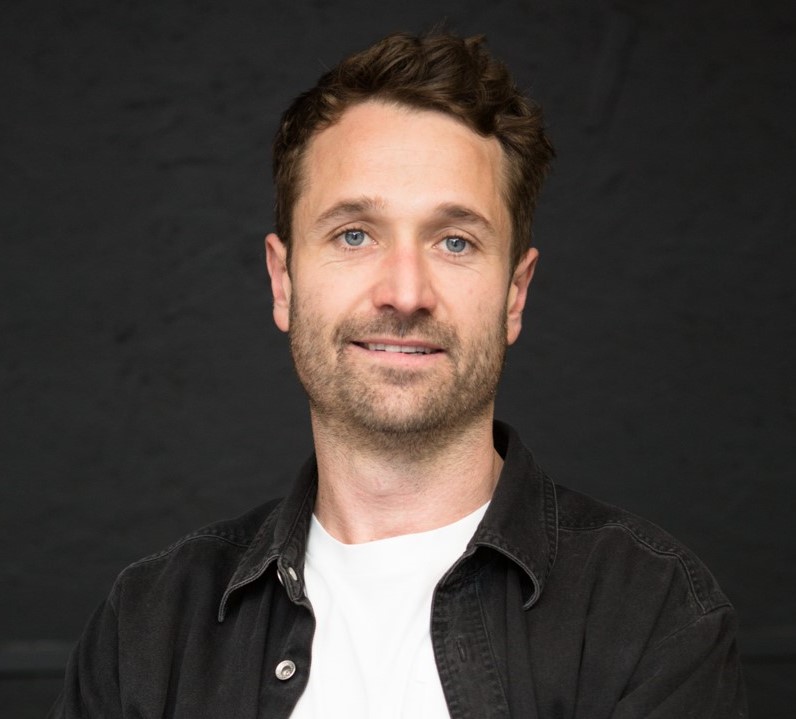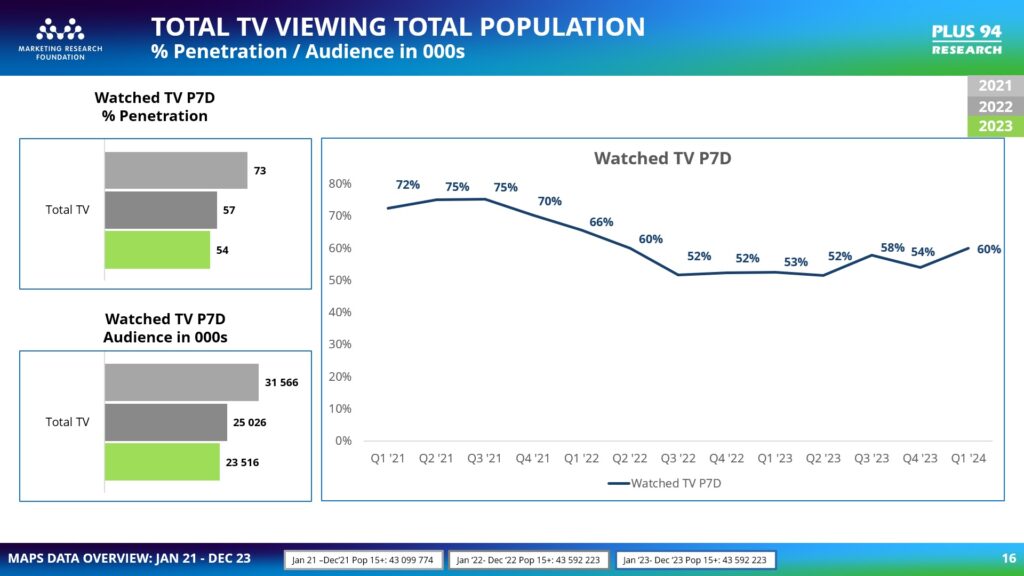
It’s a global problem: Many qualified young people struggle to find jobs despite having degrees because they lack experience. Of course, how can they gain experience if no one is prepared to employ them?
Research from the Quarterly Labour Force Survey (Statistics South Africa) shows that South Africa’s unemployment rate in the first quarter of 2023 was recorded at 32,9 % and is among the highest in the world. Young people are the hardest hit. The survey says, “There were about 10,2 million young people aged 15–24 years in Q1: 2023, of which 36,1% were not in employment, education or training.”
In our industry, young people generally look at getting a foot into the door via an internship programme. Some agencies recruit interns on a “work experience only” (i.e., no pay) basis, and others compensate the interns for their time. Internships are not always easy to find in the current market, because even larger agencies can only take on a limited number of candidates. More on that further down, though.
As a Partner at a design studio, I always want to provide paid opportunities for talented young people when I can, and no one should be expected to work for free. I am also more likely to look at ability and potential than I am at qualifications on paper. Passion is even more important because it drives them, beyond just doing a job. Internships can add long-term value – both for the agency and the intern, because the intern can learn fundamental working skills on the job, and the agency can potentially entrench its culture and ways of working with a view to hiring in the long-term.
Short internships of two or three weeks are less likely to be effective, as interns need more time to learn and become valuable contributors to the team. There just isn’t enough time for the agency to hone in on the intern’s potential strengths for the benefit of the business.
Internships that last three months or more can be more beneficial, as they allow interns to explore fully immersing themselves in the team. At the same time, the studio has enough time to train them, drawing them into the company culture and assigning tasks that add value to studio output.
I know of studios that only accept internships six months long – and paid. At DashDigital, when we have internships available, we prefer three to six-month paid internships to ensure there is a good fit both ways within the studio’s culture. And even if a longer-term opportunity is not available for the intern, they will leave with real work experience and on-the-job training they can add to their CV, making them more employable to other agencies. Two to three weeks simply isn’t enough to gain that kind of credit.
Agencies often don’t provide opportunities for talented young people with degrees, resulting in poor-quality CVs and limited job prospects. We can turn the tide by providing input that will up those CVs a notch.
Our studio has had successful experiences with interns who later became vital employees, contributing significantly to the growth of the business. So, internships can be considered part of a long-term recruitment strategy. Imagine getting buy-in to your company culture from the outset of a young candidate’s career, when they are willing to learn and excited to be part of something bigger. If talent is currency, there is nothing more valuable than great talent that is enthusiastic and thrilled to have found a place that’s a perfect fit.
I mentioned earlier that I would come back to the fact that internships are not always easy to find in the current market. Even though many of us wish we had the space and budget to employ all of South Africa’s upcoming talent, we simply can’t. I also mentioned that, of course, not every internship will lead to full-time employment either. That is also a hard, cold fact we need to make young people aware of.
I would like to suggest, however, that we as an industry, we become more open to helping young people be more employable. Among the overwhelming number of CVs we receive, perhaps a rejection could be more constructive than simply replying, “You are not a good fit at this time”.
A word of encouragement or personalised advice may just make a significant difference. If, for example, a designer misses out on the job because their portfolio wasn’t quite up to standard yet, a gentle suggestion pointing out areas needing improvement may help the candidate increase their chances the next time around. Or, if a CV is fraught with typos and doesn’t sell the candidate well, you might want to point out the value of revising the CV – always, however, erring on the side of encouragement rather than criticism.
For young people looking to find their place in the industry, I suggest that building a solid portfolio and gaining practical experience through self-initiated work can be invaluable in preparing for job opportunities – if your current commitments afford you the time and resources to do that. Persistence also helps. Set up a professional-looking LinkedIn profile and connect with any industry professionals you can find.
Send out as many emails and LinkedIn messages as you can every day – even if you are just asking an agency professional to review and critique your portfolio. Take nothing personally – whether it is a rejection or criticism. Even the most senior people in the industry are on a constant journey of learning and self-improvement.
As established businesses and professionals, we can provide opportunities and nurture talent in many ways – through internships, advice, guidance and openness. Internships should be viewed as a way to add value to the industry and strengthen our sector by providing a better-equipped next generation of employees.
The decades-old stigma around internships should be openly addressed. Internships are valuable learning experiences – for the intern and the studio. Interns are not just cheap labour. Learning programmes can be part of agencies’ growth strategies. They provide opportunities for aspiring professionals, leading to the development of strong employees who understand the agency’s culture and contribute to its success in the long term.
Let’s be more open to building our industry by imparting knowledge and empowering young people to become stronger candidates. Sometimes, all it takes is a little bit of optimism.
- Top 50 DSTV TV programmes – October 2024 - 12th November 2024
- Top 50 FTA TV programmes – October 2024 - 12th November 2024
- The Latest MAPS™ Data: A Comprehensive Look at Consumer Behaviour - 12th November 2024





